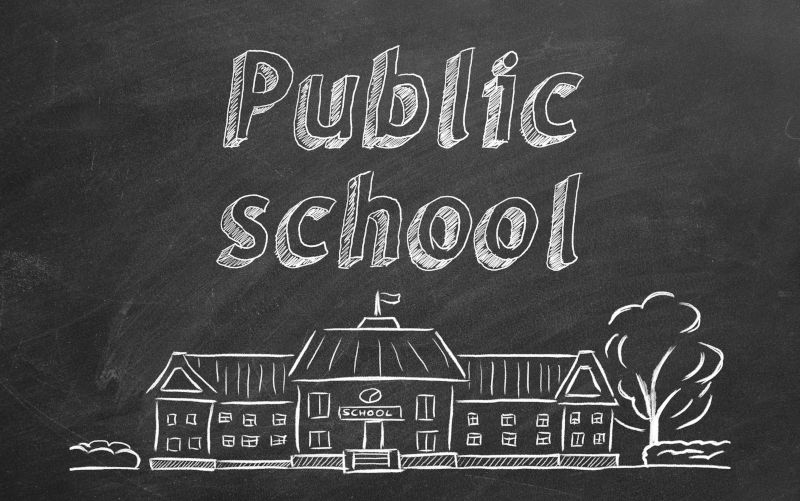In defence of public education
November 25, 2024
Over the last 10,000 years or so societies have evolved from relatively simple and loosely structured groups of people to the complex entities of the present nation-states (and even a nascent world society), but in this time period the human being, as an organism, has not changed significantly. So, what has changed?
The interaction between individuals, driven mainly through technology enabling greater density of population (agriculture, infrastructure) and more efficient means of communication (from cave paintings to clay tablets to paper and printing to telegraph and telephone to today’s mobile telephone and Internet).
It is this ability to exchange information that is the primary driver of the evolution of society, and a central component in this process is the transmission of information from one generation to the next in the form of education.
In earlier days this was performed mainly between parents and children and between master and apprentice, but as the complexity of society and its knowledge base increased education was recognised as a function of society as a whole, much as defence, public health, and the communications infrastructure itself.
And herein lies an issue that is often overlooked in the discussions about public education: It is not only a means of transmitting facts, but also a means of maintaining social cohesion and solidarity, the understanding that we are all in this together, promoted by this shared experience of basic education, or schooling.
Society is exposed to many forces that tend to tear it apart, based in our nature as individuals, so it is important that we nurture those features that strengthen social cohesion. It is almost perverse that we divert public resources, that is, resources meant for society as a whole, to private education, a function that by its very nature must contribute to a weakening of this cohesion.
We would not approve of a part of the defence budget being diverted to private armies.
